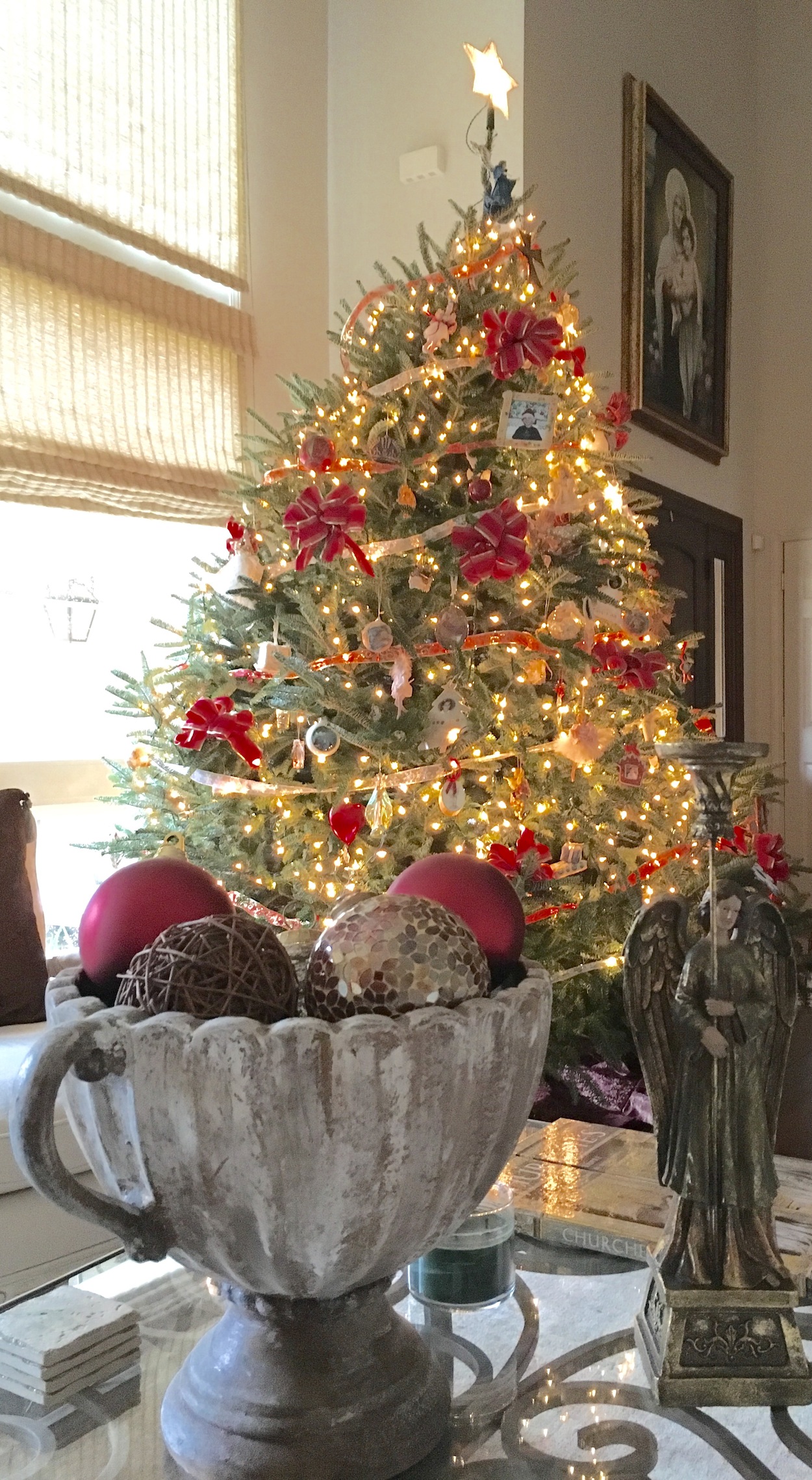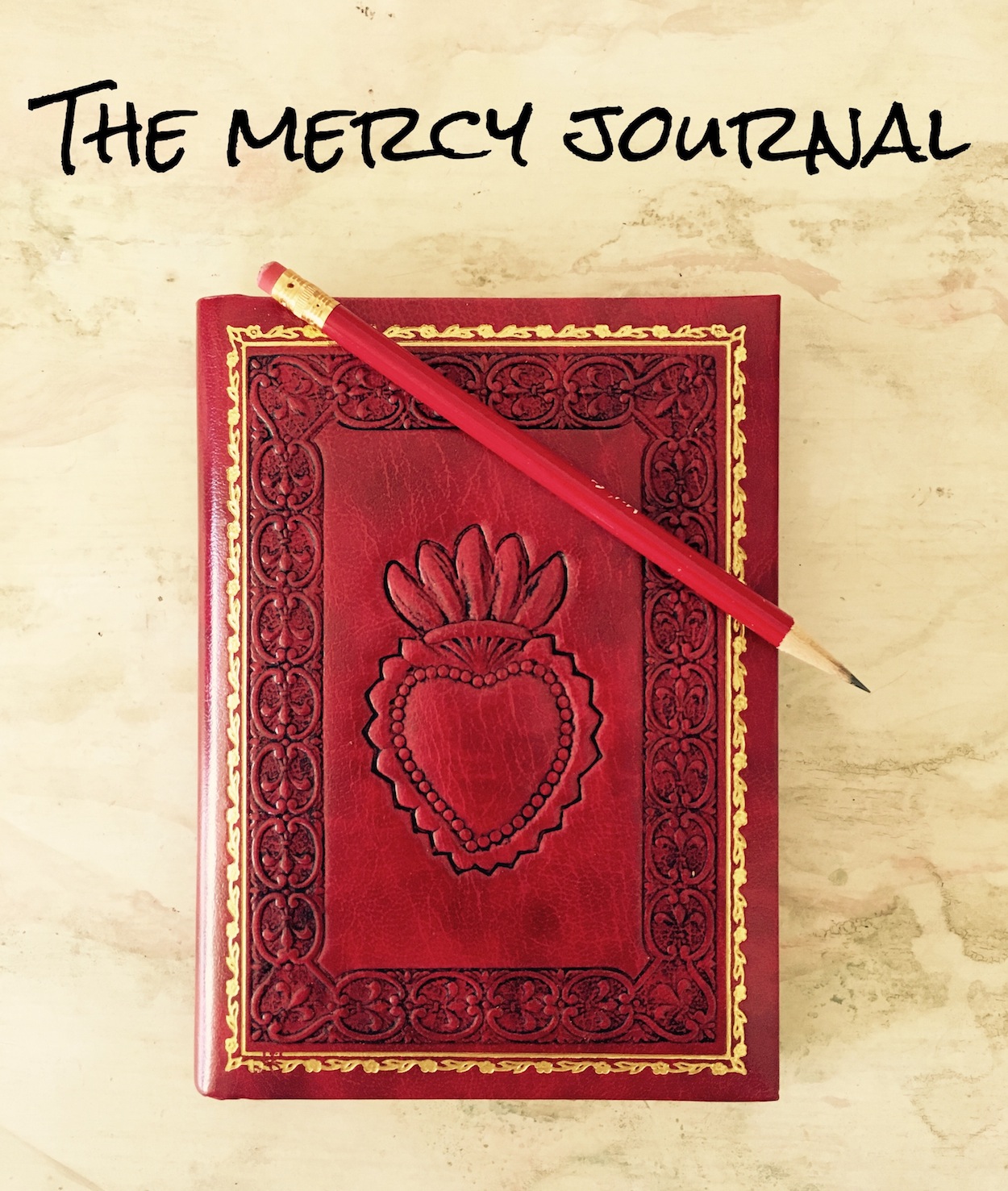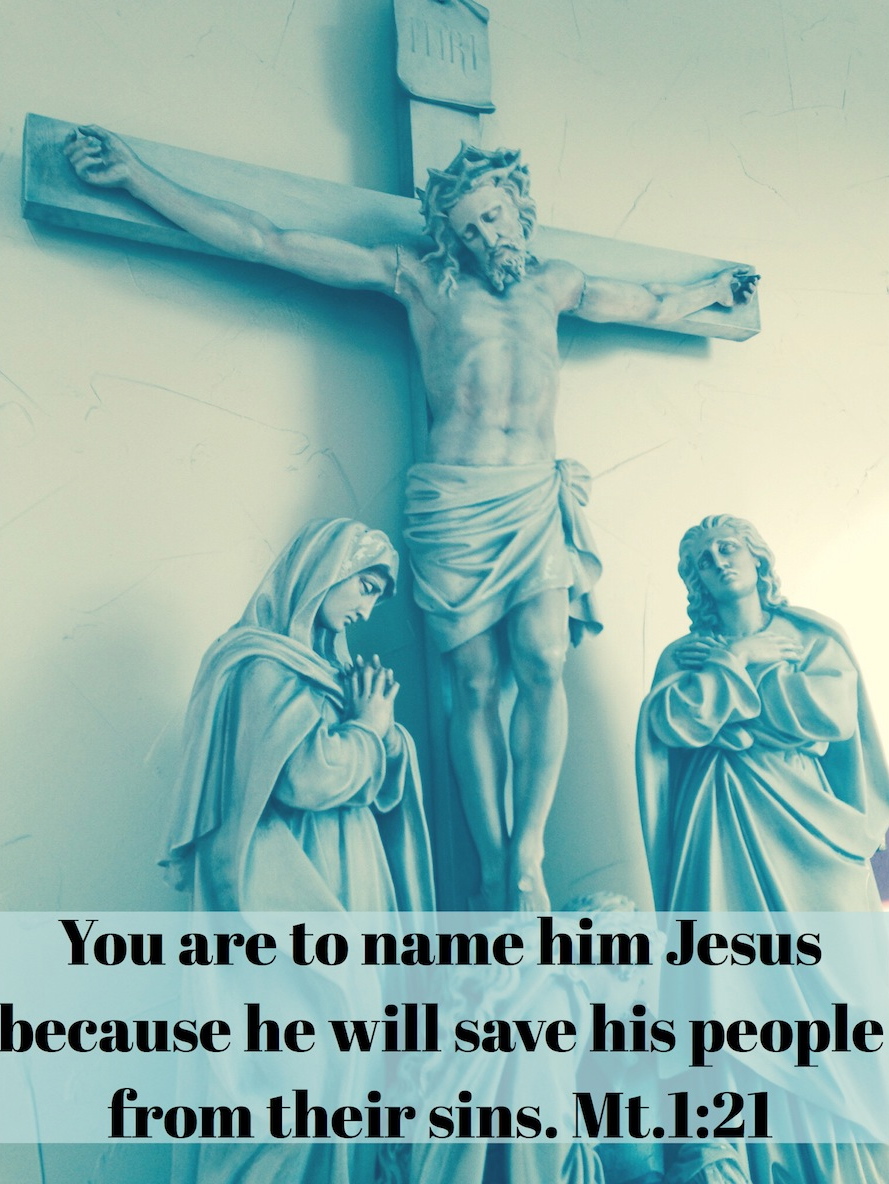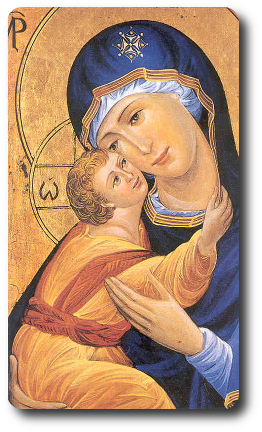Happy birthday to our beautiful daughter, Kara, who has taught us all so much about love, and to our first grandson, James, who is such a gift of joy! Merry Christmas to you and your families! May the Lord grant you a fresh outpouring of mercy and love!

At times, we are called to gaze even more attentively on mercy. Pope Francis, Misericordiae Vultus, par. 3.
Our Christmas girl, who turns thirty today, wanted only one gift that year. “For my birthday and Christmas present, I’d like a plane ticket to bring Richard to visit our family for the holidays,” Kara requested with all of the innocent fervor of her kind eighteen-year-old heart.
Richard was a middle-aged, legally blind man none of us had ever met. Living alone in Florida he’d heard Kara, a singer/songwriter, perform on EWTN’s “Life On the Rock.” He promptly found her website, and they formed a friendship centered upon letter writing and praying for each other’s needs. From what Richard shared, he loved the Lord deeply, and having no family, spent his days praying and watching Catholic television.
“That sounds like a great thing to do for Christmas,” my late husband, Bernie, and I agreed, proud of our daughter’s magnanimity. Besides, having just buried Bernie’s thirty-six-year-old son unexpectedly in early September, we figured it would be a welcome distraction from our own intense pain.
The next think I knew, we were picking Richard up at the airport. And while it seemed like a great idea in concept, I never thought about the possible repercussions of bringing a total stranger into our home until the man was upstairs, planted in a bedroom next to the ones where our five children lay sleeping. Downstairs in the master bedroom, I was suddenly seized with fear. “Bernie, we have no idea who this person is!” I elbowed my half-asleep husband. “He could be Jack the Ripper for all we know!” Thus began a sleepless night of listening to every drop of noise in the house, anxiously awaiting a sign that Richard had left his room.
Daylight brought new perspective. As I sat down to coffee with the poor man, I realized he was probably much more frightened than I over the endeavor he just undertook—flying on a plane for the first time in his life to spend a week in an unfamiliar place with complete strangers. I soon learned that Richard had been blinded by the physical abuse of his parents, then sent to live in foster care while still a young child—only to land in the hands of another abusive mother. His life had been one of deprivation and suffering, and with no family whatsoever, he lived in poverty with two parakeets as his only companions. Though he'd worked for years as a gardener near his home, his physical infirmities eventually took over, sequestering him at home.
Days passed, and what began to strike me about Richard was less the depth of his sad story than the immensity of his gratitude. He raved about how this was the best Christmas he’d ever had, and about how much love, warmth, and welcome he felt in our home. As I entered into Richard’s story, our own deep suffering began to feel much more bearable. It was then that I started to realize that to show "compassion" to another—which in Latin means “to suffer with”—strengthens and consoles us.
“The crucified Christ has not removed suffering from the world. But through his Cross, he has changed men, opening their heart to their suffering sisters and brothers and thereby strengthening and purifying them all.” Joseph Ratzinger (Pope Emeritus Benedict XVI), The God of Jesus Christ: Meditations on the Triune God, 53.
The grateful gaze of a blind man gave me sight that suffering Christmas, an unexpected gift of grace. What began as a token gesture of Christmas generosity ended in a purifying glance of mercy from heaven’s throne; fortifying us all.
Author’s Note: This piece first appeared at Aleteia as "The Mercy Journal."








![Rembrandt, The Return of the Prodigal Son, [Public domain], via Wikimedia Commons](http://static1.squarespace.com/static/5a109eb12278e7c3c199201d/5a3d59d888199e1a31b2479a/5a3d59e588199e1a31b249e0/1513970149810/1024px-Rembrandt_Harmensz_van_Rijn_-_Return_of_the_Prodigal_Son_-_Google_Art_Project.jpg?format=original)




